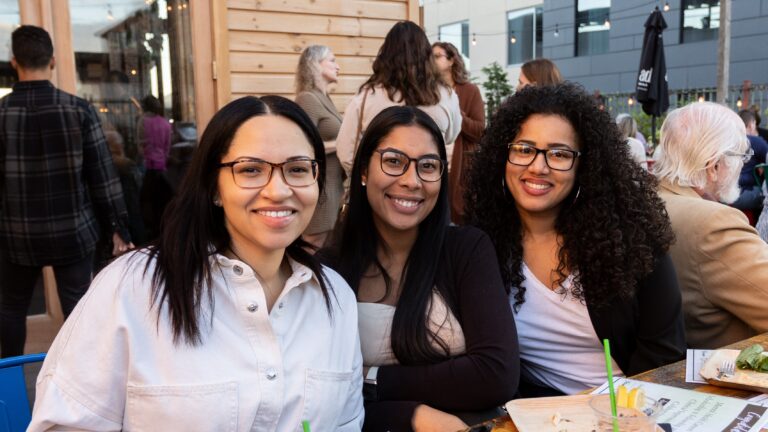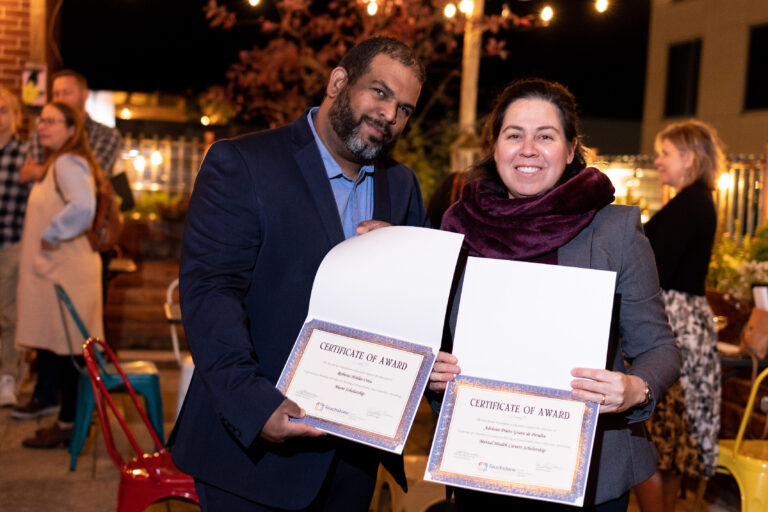Applications Open February 1st
Upcoming Info Sessions:
Feb 15th- Supervisor info session
Feb 16th Fellow info session
For more information Shanece Bowman, Programs Manager | sbowman@touchstonefound.org
This program addresses the inadequate supply of child and adolescent mental health professionals in Lancaster County. Thanks in part to a generous grant from the Steinman Foundation, this is funded for 3 years (through 2025).
As our Lancaster Mental Health Clinical Fellowship reaches year 3, we are supporting 28 Fellows for supervision hours to become licensed therapists/counselors serving youth here in Lancaster County with 29 supervisors in 9 agencies/practices.
This fellowship program creates a countywide community of practice, with large agencies sharing ability with small private practices, and vice versa.
In September 2022, we celebrated the licensure of 16 new therapists/counselors plus two more awaiting licensing exams. We are experiencing unprecedented wait lists for youth mental health services, and crisis levels of needs among youth experiencing challenges from COVID-19.
We are grateful to The Steinman Foundation for matching funds to launch and support this program.
We are building a network of mental health providers and professionals who are supervising Fellows to earn their license to practice mental health care in our community. This is an ongoing and developing effort to build the Mental Health Clinical Fellowship, with opportunities for us to deepen and strengthen our relationships, trust, and comradery among mental health providers. The 9 participating agencies are beginning to learn from each other, sharing their ability.

Investing in the talent pipeline for behavioral healthcare will result in stronger behavioral healthcare organizations and competent supervisors who can mentor their staff. Trained supervisors can effectively recruit and retain their clinical staff, reducing patient caseloads, improving recruitment and retention, and lowering staff turnover rates.
The Clinical Fellowship will:

Upcoming Info Sessions:
Feb 15th- Supervisor info session
Feb 16th Fellow info session
For more information Shanece Bowman, Programs Manager | sbowman@touchstonefound.org
Organizations that accept Medicaid/Medical Assistance, and providers/organizations participating in the Mental Health Access Assistance program are eligible. The Touchstone Foundation Mental Health Clinical Fellowship will serve five mental healthcare organizations per year in Lancaster County through 2025.
Requirements needed to be a participating Fellow in this program are:
Requirements needed to be a participating Supervisor in this program are:
